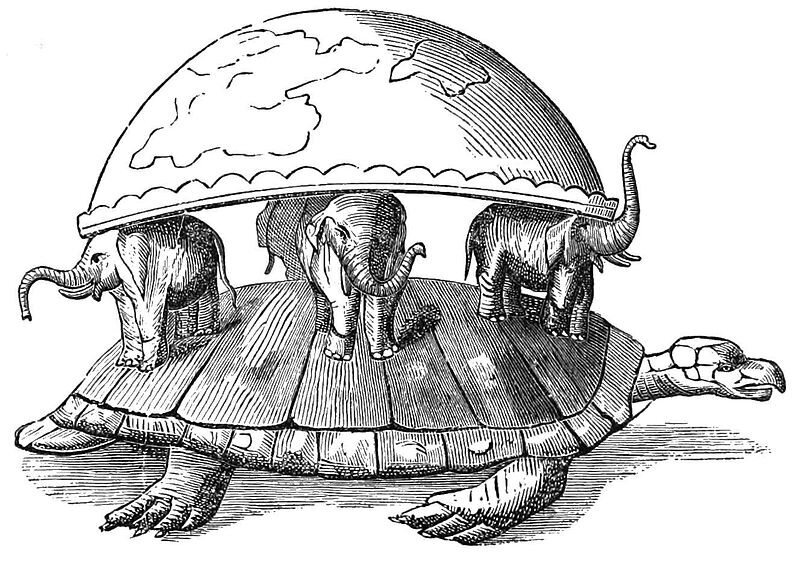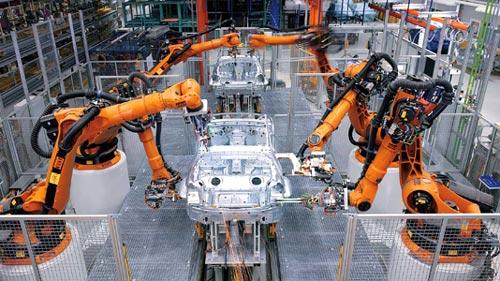which can be natural or artificial.
Nope. All within natural laws. Even the intelligent actors do so within such laws.
we can't test multiverses,
Some versions we can. More importantly, we can test the underlying theories that naturally lead to multiverses.
we can't test a single cell design morphing into a human being through random copying errors.
But we can test whether copying errors provide survival benefits and model how such would lead to increased complexity while also looking at the fossil record to see if the results are consistent and predictable.
But we can test the ability of creative intelligence to design new information systems
Only for those intelligences subject to natural laws.
'testable hypotheses' are great where available, but obviously scientists speculate far beyond this limitation
Yes, *speculate*. But it isn't accepted until the evidence comes in, except as speculation.
exactly, that is why you must assert that an intelligent designer has zero potential, in order to allow chance to win out- we simply do not have good cause to enforce this limitation on reality. Likewise with HELP written on the deserted island beach in rocks, an intelligent agent must be not only 'unlikely' but utterly impossible, before we would be forced to conclude the random action of the waves
We know the language ahead of time. We know that such messages would be the result of intelligent agents. And we know the likelihood of humans being stranded on such islands. We also know the *types* of patterns that waves are likely to make. That is what makes the probability larger than that waves produced it.
But, for example, it is common for religious figures to claim images in toast or in clouds are evidence of an intelligent agent. Random chance is a better explanation.
What is necessary is to understand what a natural environment produces and how that contrasts with what an intelligent actor produces. Only after that comparison can a probability be made.
But that requires knowledge of the natural effects and thereby the action of natural laws.
By that rational, a watch is self explanatory- it possesses sufficient laws to govern it's own function. Of course the origination of the watch, by necessity, must transcend the watches own laws. And of course the creator, be it another machine or intelligent agent, does likewise. This does not leave us powerless to deduce intelligent agency, because like the archaeologist, there are certain fingerprints that can be recognized
No, it does NOT possess sufficient laws to govern its own function. We need the laws of motion, the laws of springs, the laws of heat conduction, etc. These are larger, natural laws that govern how the watch works. The origination of the watch does NOT transcend those laws. In fact, the watch can be made at all only by working within those laws.
And once again, we *know* that the larger laws do not produce such things as watches naturally. there is no mechanism for the production of such. In contrast, the complexity of living things *does* have a mechanism: mutation and natural selection, for one.


